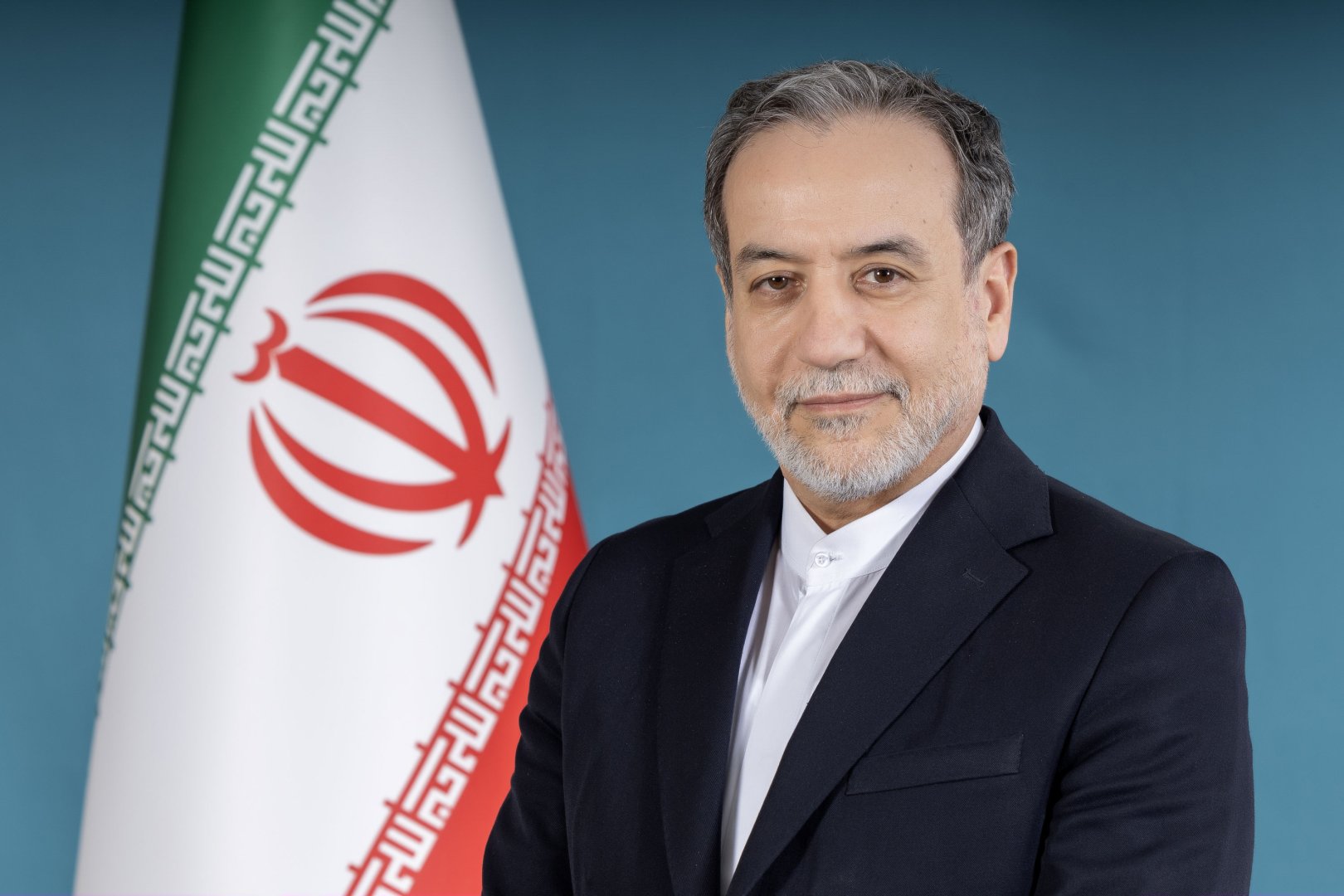BAKU, Azerbaijan, September 30. The nuclear talks between Iran and the U.S. have reached a complete deadlock, Iranian Foreign Minister Seyyed Abbas Araghchi told local media, Trend reports.
According to him, during his visit to New York, messages were sent and received with the U.S. side, both through and without intermediaries.
The Iranian contingent engaged in strategic maneuvers aimed at enhancing diplomatic relations.
Araghchi said that the opposing parties (the U.S., U.K., France and Germany) thought that by activating the 'snapback' mechanism, which involves the restoration of anti-Iran resolutions of the UN Security Council, they would intimidate Iran and get every privilege, however, this is not the case at all.
The minister mentioned that Iran is navigating choppy waters with the UN, the UN Security Council, and the International Atomic Energy Agency.
According to Iran, a collective opinion has not been formed in the Security Council regarding the 'snapback' mechanism.
"All these issues should be examined by Iran's Supreme National Security Council and its nuclear committee. Iran will take steps in the country's interests, taking into account all the circumstances," he noted.
On September 26, the UN Security Council convened to review the draft resolution submitted by Russia and China aimed at extending the term of Resolution 2231 and blocking the activation of the “Snapback” mechanism. The vote saw four members in favor, nine opposed, and two abstentions. As a result, starting September 28, the Security Council’s resolutions targeting Iran have been reinstated.
On July 20, 2015, the UN Security Council adopted Resolution 2231, which annulled six previous resolutions against Iran and lifted wide-ranging sanctions connected to its nuclear program.
Under Articles 36 and 37 of the Joint Comprehensive Plan of Action (JCPOA), if a member state files a complaint over another party’s violation of the deal, a review process begins. If the issue is not resolved, the complainant can escalate it to the UN Security Council. Should the Council accept the complaint against Iran, international sanctions may be reactivated, and the Council may even authorize military action against Iran.
The five rounds of indirect talks on Iran's nuclear program took place between Iran and the U.S. on April 12, 19, and 26, and May 11 and 23. Oman's Foreign Minister Sayyid Badr Albusaidi acted as mediator in the indirect talks, with the Iranian delegation led by Foreign Minister Sayed Abbas Araghchi and the U.S. delegation led by U.S. Special Representative for the Middle East Steve Witkoff. The first, third, and fourth rounds of negotiations took place in Muscat, the capital of Oman, and the second and fifth rounds took place in Rome, the capital of Italy.
On June 22, the U.S. launched military airstrikes on three Iranian nuclear facilities. It is reported that the airstrikes destroyed the Iranian nuclear facilities.
Stay up-to-date with more news on Trend News Agency's WhatsApp channel







